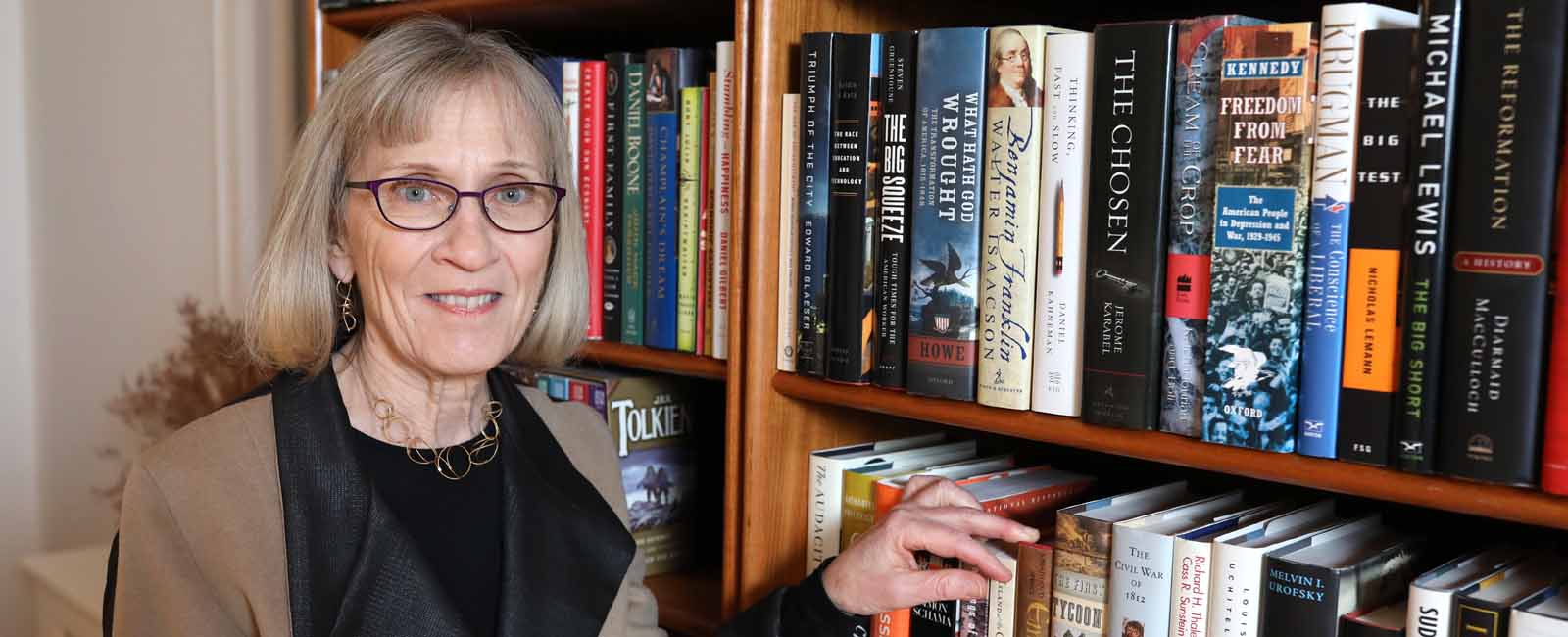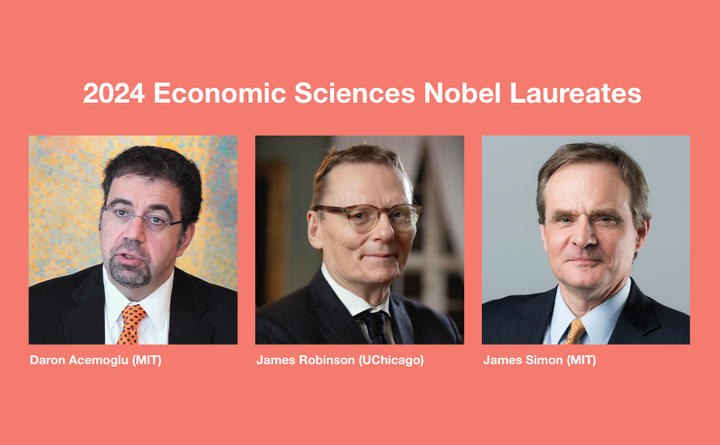The Winner of the Nobel Economics Prize 2023
The 2023 Sveriges Riksbank Prize in Economic Sciences in Memory of Alfred Nobel was awarded to Dr Claudia Goldin of Harvard University. Read more about her outstanding contributions to the field of economics and her area of research...

By: Julian Olsen-Pendergast
Harvard University's Claudia Goldin has officially received the 2023 Sveriges Riksbank Prize in Economic Sciences in Memory of Alfred Nobel, for her contributions to our understanding of womens' labour market outcomes. Her work has explored the evolving roles of women in the workforce in developed economies over the past centuries and the persistent gender pay gap.
This prestigious accolade, formally known as The Sveriges Riksbank Prize in Economic Sciences in Memory of Alfred Nobel, carries a substantial prize of 11 million kronor, equivalent to approximately $1 million. Notably, Goldin who in 1990 became the first woman to be tenured at the Harvard economics department, is only the third female economist to achieve this esteemed recognition.
In the words of Randi Hjalmarsson, a member of the Nobel committee, "Claudia Goldin's discoveries have vast societal implications. She has shown us that the nature of this problem or the source of these underlying gender gaps changes throughout history and with the course of development."
Goldin's research has shed light on the intricate trajectory of women's participation in the labor market. It has revealed that this trajectory is not a linear path but is heavily influenced by shifting societal norms and women's own perceptions of their prospects in both the workplace and the home. Some of these notions take root early in life and evolve slowly over time.
Hjalmarsson added, "She can explain why the gender gap suddenly started to close in the 1980s and the surprising role of the birth control pill and changing expectations. She can also elucidate why the earnings gap has halted its closure today and the impact of parenthood."
Tracing the historical journey of women in the workforce presented its own set of challenges. The Nobel committee recognised that Goldin often grappled with incomplete and unreliable historical records.
While women now occupy nearly half of all jobs in the United States, they continue to face disparities in earnings. Although they briefly outnumbered men in the workforce at the end of 2019 and early 2020, women experienced a significant exodus from employment during the early stages of the pandemic. Only recently have they managed to regain lost ground.
In a 2021 interview, Goldin outlined a strategy for narrowing the wage gap between men and women: increased government investment in childcare and the creation of job roles that facilitate shared responsibilities, as opposed to what she termed "greedy jobs."
"The solution isn't straightforward, but a part of it involves diminishing the significance of these 'greedy jobs,' cultivating roles in which individuals can effectively substitute for one another and collaborate," she emphasised. "While some may deem this impossible, it has been successfully implemented in fields like obstetrics, anaesthesiology, paediatrics, veterinary medicine, and various areas of banking, all supported by advanced IT capabilities. There is no reason why we cannot apply these principles elsewhere."
With women increasingly outnumbering men on college campuses and service-oriented sectors such as healthcare expanding, some experts predict that women's influence in the labor force will continue to grow.
The importance of comprehending women's roles in the labor force, was stated by Jakob Svensson as, "Understanding women's role in labor is important for society. Thanks to Claudia Goldin's groundbreaking research, we now know much more about the underlying factors and which barriers may need to be addressed in the future."
In conclusion, Claudia Goldin's achievement as the third female economist to receive the Nobel Prize in Economics is a significant milestone that not only recognizes her exceptional contributions but also serves as an inspiration for a new generation of women to enter a field that has traditionally been dominated by men. Her pioneering research has illuminated the complex dynamics of women in the labor market and provided valuable insights into addressing gender disparities in the workforce. One can only say congratulations and thanks to a great career and contributions to economics.


